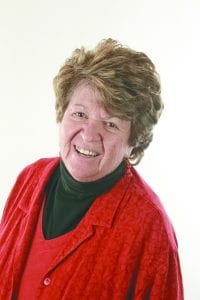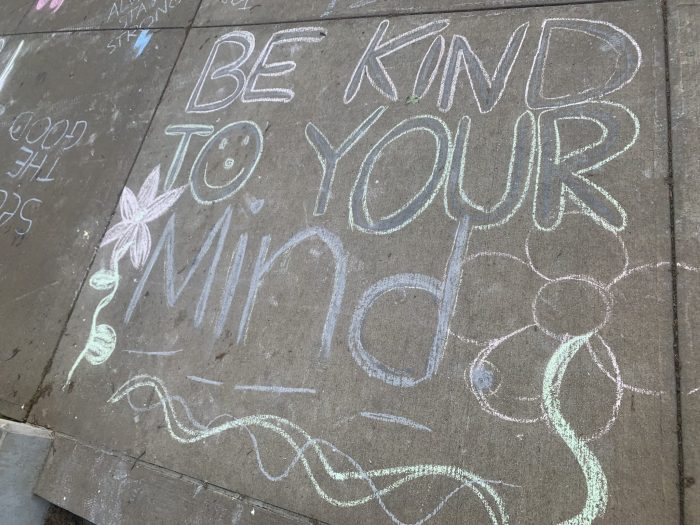By Daniel Dunaief

Parenthood is filled with excrement, poop, and waste products. Call it what you will. It’s true.
We start out with this adorable lump of human flesh. And, for many of us, an anxiety that grows at a rate that far outstrips the pace at which the little person grows.
Wait? What! The baby was born at eight pounds. It’s now seven pounds? We must be screwing up. What are we doing wrong? Can I get someone on the phone immediately to explain what’s happening and how to fix it? No, I can’t wait.
Of course, we don’t know how good we have it until we enter the next stage. If, for example, our baby is drinking breast milk, its poop smells like roses and cherry blossoms on a beautiful, windy day compared with the cesspool stink that pours out of them once they start eating solid food or, heaven forbid, they get the Coxsackie virus.
But, of course, once you realize the magnificence of that early mild smell, it’s gone and you’re left trying to figure out how to get the particles of poop out from creases and crevices without causing discomfort to the small person whose sole mode of expression seems to be to cry and complain without end.
“Oh, that’s such a healthy cry,” they’ll say. “He’s a strong lad.”
“Oh, shut up! And stop calling her a lad.”
So, why am I writing about parenthood? Did I suddenly have to change 200 diapers last weekend?
No, you see, we’re about to welcome the first new member of our extended family in decades. Yeah, of course, we’re all excited and yes, I’m going to have the chance to be a great uncle when, up to now, I’ve been something between a regular uncle and perhaps an indulgent and slightly playful version of a run-of-the-mill uncle.
But, wow, our nephew’s wife is due any second, which kind of pushes us up the generational ladder.
We have heard about all the people of our nephew’s generation who are putting off or perhaps even ruling out parenthood.
But we also know that people are still having children and that those children are the ultimate form of optimism.
Sure, new parents, even if they’ve read 100 books, might not be completely prepared for every scenario.
We went to all those Lamaze classes years ago around now as we prepared for the birth of our first child. And, you know what? They didn’t help one iota. Those classes were like giving us a toy steering wheel on a roller coaster. We could turn it however we wanted, but it wouldn’t affect the crazy ride that made us feel like our stomachs were going to drop out of our bodies on the next hair-raising turn.
If anyone actually thought about all the things they had to do as parents — staying up with a sick kid, worrying where those children are, thinking about all the germs that might hurt them (okay, I’m OCD, I admit it) — it’d be hard to prepare for, imagine and deal with the potential challenges. Most parenting playbooks are like New Year’s resolutions. Yeah, you’d like to be patient and even tempered, maybe lose some weight, sleep better, and all that good stuff, but things get in the way, including ourselves.
When you have a child, you not only have to worry about your sons and daughters, but you also have to manage the two or more families that always know better and whose ideas of everything from the right clothing to wear with variable temperatures to the right way to hold them to any of a host of other choices are likely different.
You can’t please everyone, including your relatives and the little crying, pooping child that doesn’t have work to do tomorrow and wants company late at night until he or she is ready to fall asleep.
Ultimately, parenting is a leap of faith. We all have to deal with craziness, discomfort, sleep deprivation and an uneasiness that comes from not knowing what to do next. And yet, during the best moments, when they’re truly happy, when that giggle bubbles out of them, massaging your ears and bringing a smile to your face, you realize what a spectacular privilege, excrement and all, parenting truly is.
We get to see and share life with people whose thoughts, ideas, and resilience inspire us and, somewhere along the way, encourage us to share the best versions of ourselves.















